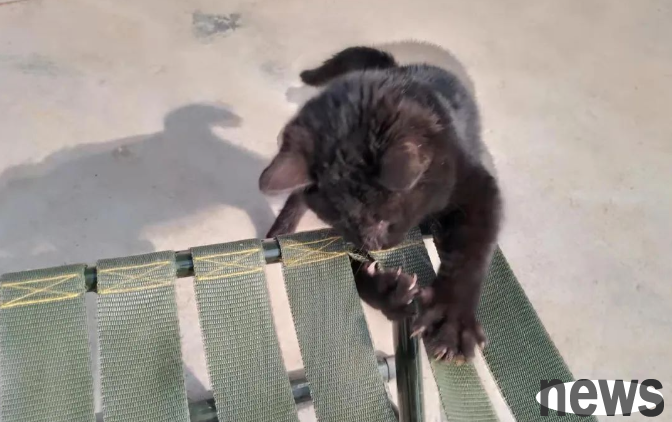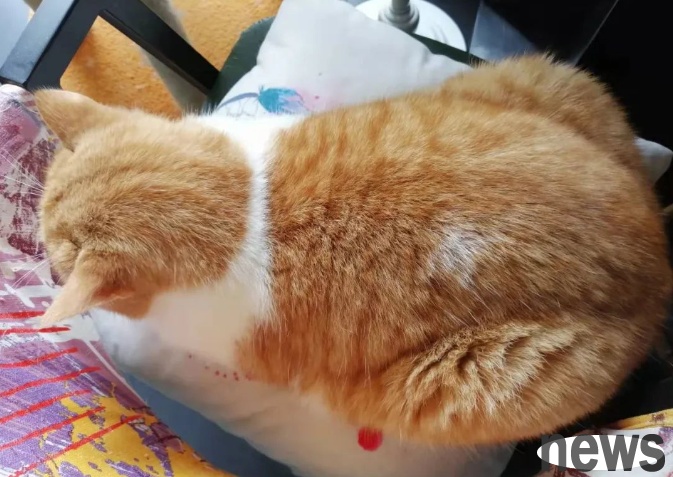Talk about cats' emotional intelligence is actually an interesting topic. Although cats are non-human animals and we may think they have no emotional intelligence, in fact, cats do show some behaviors and traits related to emotional intelligence. In this article, I will discuss the performance and behavior of high-emotional cats in detail for you.

First, cats with high emotional intelligence usually show emotional sensitivity and understanding to their owners and other animals. They can accurately sense their owner's emotions and needs and respond accordingly. When the owner is feeling down or stressed, a cat with high EQ will actively approach and express concern and comfort, such as licking his hands or rubbing his head. They can also detect the emotional states of other animals, establish harmonious interactions with them, provide support and comfort.
Secondly, cats with high emotional intelligence show high social skills. They are interested in social interactions and are good at connecting with their owners and other cats. When they are with other cats, they are able to deliver friendly messages in body language and voice, and strengthen their relationships through play and touch. When you get along with your owner, cats with high emotional intelligence will express closeness and satisfaction through eye contact, gentle touch and purring.
Cats with high emotional intelligence also show good emotional regulation skills. They are able to remain calm when facing different situations and stimuli and quickly adapt to changes in the environment. Whether it is changes in the external environment, new furniture arrangements or the busy work of the owner, they can maintain peace and relaxation and face the challenges of daily life with a relaxed attitude. Of course, cats with high emotional intelligence can also have mood swings, but they are usually able to effectively regulate their emotions and avoid excessive fear or tension.
Cats with high emotional intelligence also show high learning and problem-solving abilities. They are able to quickly learn relationships related to behavior and outcomes and remember effective strategies. For example, when cats find that a certain behavior will attract the attention and reward of their owners, they will be more inclined to repeat this behavior. In addition, cats with high emotional intelligence can also solve some simple problems, such as by pushing open the lid to get food or finding hidden toys.

In addition to the above behavioral performance, cats with high emotional intelligence also show a higher self-awareness. They take care of their food and hygiene needs consciously and are able to express their needs and intentions through voice and body language. For example, when they feel hungry, they will actively signal their owner to give food; when they feel uncomfortable or need attention, they will attract their owner's attention in a specific way.
Generally speaking, cats with high emotional intelligence have emotional sensitivity and understanding, good social skills, emotional regulation skills, learning and problem solving skills, and relatively high self-awareness. Although cats do not understand the concept of emotional intelligence as humans, they demonstrate traits related to emotional intelligence through their own behaviors and reactions. These traits make cats a cute companion animal and can establish deep emotional connections with humans. Whether as pets or work partners, cats with high emotional intelligence can bring us more fun and company.